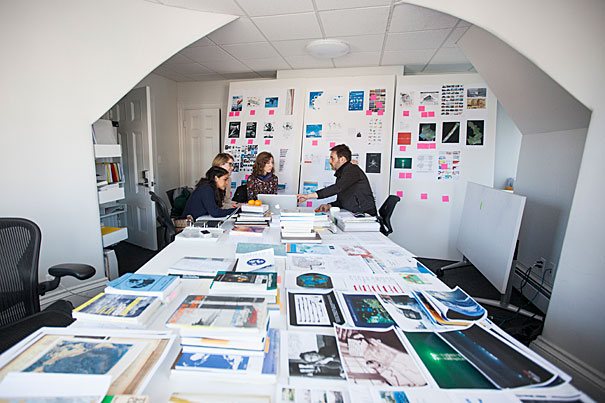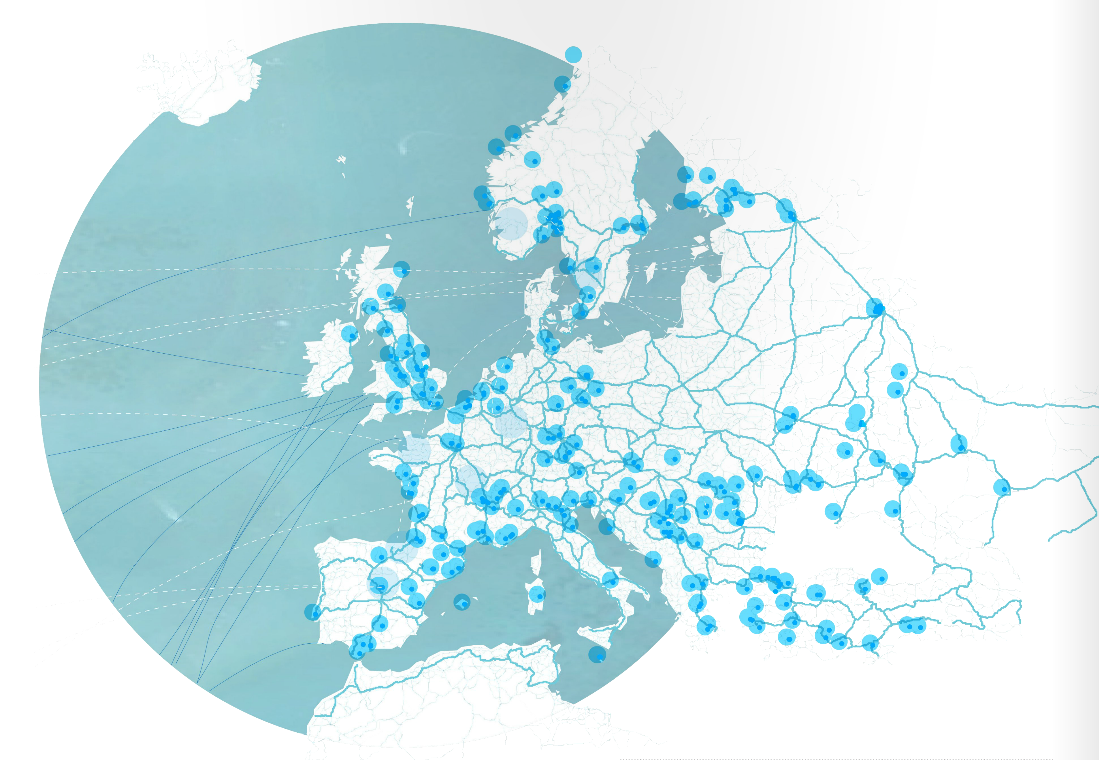The Oceanic Turn: Advanced Landscape Infrastructure Seminar

From the laying of the first undersea cable across the Atlantic Ocean in the late 1850s to the passing of the UN Convention on the Law of the Sea in 1982, to the recent oil spill of the Deepwater Horizon in the Gulf of Mexico during Hurricane Alex in 2010, the eyes of the world are turning from the land upon which we live on, towards the waters, the shores, the atmospheres that surround, support and shape us.
Cutting across different fields of knowledge, this seminar turns our attention toward the seas that surround us as a way to refocus and remap vectors of influence in relation to oceans’ wealth and waters—from seas and estuaries, coasts to climates, rains to rivers, islands to archipelagos, deltas to gulfs. By exposing different models of thought and different methods of measure, the seminar aims to open a horizon of unprecedented collaboration with academies, think tanks, industries, organizations, agencies, and individuals across the University and beyond. Inspired by the pioneering work of American oceanic cartographer Marie Tharp who dedicated her life and career to mapping the World Ocean Floor (1977) and the catalytic writing of American marine biologist Rachel Carson “Undersea” (1951), the seminar draws from an array of contemporary scholars and practitioners – from the arts to the sciences, industries to institutions – to better understand the influence of our actions on the world’s oceans, and in turn, how they influence us.
As a way of re-reading of the ocean as ground, we may better understand how oceans, and ocean-atmosphere dynamics, affect our own patterns of life, settlement, development, and movement. In short, how we live in it, and how it lives in us, opens a lens on the wet environments— from moist to dry, arid to saturated, that encompass us.
Through media and maps, archives and artifacts, essays and illustrations, the seminar aims to communicate and collaborate on a range of initiatives associated with the use, cultivation, exploration, engineering, enjoyment, and governance of oceans. Furthermore, by focusing on oceans as a complex system of systems, where flows, processes, rules, and infrastructures affect the littoral landscape where more than 60% of the world population lives and depends on, we can disentangle and reframe the current and sometimes catastrophic discourse on climates, atmospheres and waters, by swiftly and critically understanding the challenges, opportunities, risks and hazards—economic, politic, climatic—as contemporary civilization takes the oceanic turn.
The first part of the seminar explores the ontologies, altitudes, institutions, and ecologies of the oceanic subject with a series of guest lectures and in-class discussions. Through student-led presentations and visualization projects, the second part of the seminar explores a range of material and media to re-think the Aqua Nullius of ocean space on one hand, and re-draw the City-Centrism of urban space on the other, towards proposing deeper, and more fluid regions of contemporary life.
Read about this seminar in the Harvard Gazette: “The Urban Ocean: Harvard teams probe how seas are mined for energy, food, advantage“
Projects
-

The Third Climate
Fall 2014